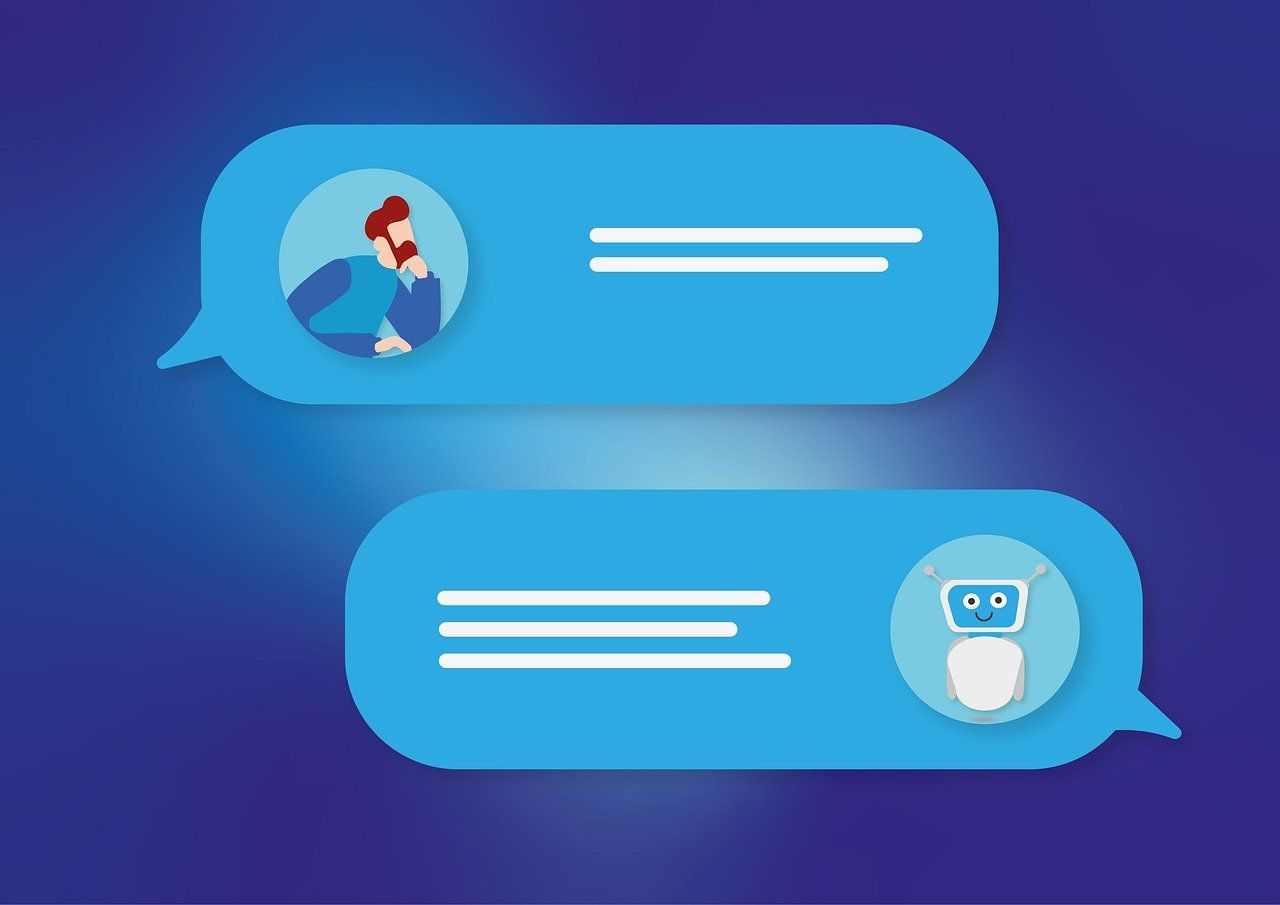
How AI-Driven Chatbots Are Enhancing Education
 In the ever-evolving landscape of education, artificial intelligence (AI) is emerging as a game-changer. AI-driven chatbots, in particular, are transforming the way students learn and educators teach. These intelligent assistants are improving educational outcomes and shaping the future of learning in remarkable ways.
In the ever-evolving landscape of education, artificial intelligence (AI) is emerging as a game-changer. AI-driven chatbots, in particular, are transforming the way students learn and educators teach. These intelligent assistants are improving educational outcomes and shaping the future of learning in remarkable ways.
The Rise of AI Chatbots in Education
As digital natives enter classrooms, the demand for tech-savvy educational tools has skyrocketed. AI chatbots offer a perfect blend of accessibility, personalization, and efficiency that traditional educational methods often struggle to provide. From elementary schools to universities, these digital assistants are making waves across all levels of education.
Key Benefits of AI Chatbots in Education
- 24/7 Learning Support: AI chatbots provide round-the-clock access to learning resources and assistance.
- Personalized Learning: Chatbots tailor content and pacing to each student's unique needs and learning style.
- Immediate Feedback: Instant responses to assignments and queries help students correct mistakes quickly.
- Reduced Teacher Workload: By handling routine tasks, chatbots free up educators to focus on complex teaching aspects.
- Data-Driven Insights: AI analysis of student performance provides valuable information for curriculum development and targeted interventions.
Real-World Applications
AI chatbots are being used as virtual tutors, providing one-on-one assistance in subjects ranging from mathematics to language learning. These digital tutors can explain concepts, offer practice problems, and adapt their teaching style based on the student's responses.
In language learning, chatbots serve as conversation partners, offering pronunciation guidance, vocabulary expansion, and cultural context in a safe, judgment-free environment.
Advanced AI chatbots are also helping students improve their writing skills by offering suggestions on grammar, style, and structure. They can assist in brainstorming ideas and organizing thoughts, making the writing process more manageable for many students.
On the administrative side, chatbots are streamlining tasks in educational institutions, handling inquiries about admissions, course schedules, and campus services. This efficiency improves the overall student experience and reduces administrative burden. For students with learning disabilities or special needs, AI chatbots can provide tailored support, such as text-to-speech functionality or simplified explanations of complex concepts.
Challenges and Considerations
While the potential of AI chatbots in education is immense, there are challenges to address. Ensuring equal access to AI-powered educational tools across diverse socioeconomic backgrounds is crucial to prevent the widening digital divide. Data privacy concerns must be carefully managed, given the collection and use of student data.
There's also a risk of students becoming too dependent on AI assistance, potentially hindering the development of independent problem-solving skills. It's important to remember that while AI can provide excellent support, it cannot fully replace the emotional intelligence and adaptability of human teachers. Continuous development and updates are necessary to keep AI chatbots relevant and effective in the rapidly changing educational landscape.
The Future of AI Chatbots in Education
As AI technology continues to advance, we can expect even more innovative applications in education. Future AI chatbots may be able to recognize and respond to students' emotional states, providing encouragement or adjusting the learning approach accordingly. Combining AI chatbots with VR technology could create immersive learning experiences, particularly beneficial for subjects like history or science.
Advanced AI systems might predict learning challenges before they occur, allowing for proactive interventions. As the concept of lifelong learning gains traction, AI chatbots could become personal learning companions, supporting individuals throughout their educational journey.
In Summary
AI-driven chatbots are ushering in a new era of personalized, efficient, and accessible education. By providing 24/7 support, tailored learning experiences, and valuable insights, these digital assistants are helping to improve educational outcomes across the board. As we navigate the challenges and embrace the opportunities, it's clear that AI chatbots will play an increasingly significant role in shaping the future of education.
The key to maximizing the benefits of AI in education lies in striking the right balance – leveraging technology to enhance, rather than replace, human teaching. By doing so, we can create a more inclusive, effective, and engaging learning environment for students of all ages and backgrounds.
Related Articles


